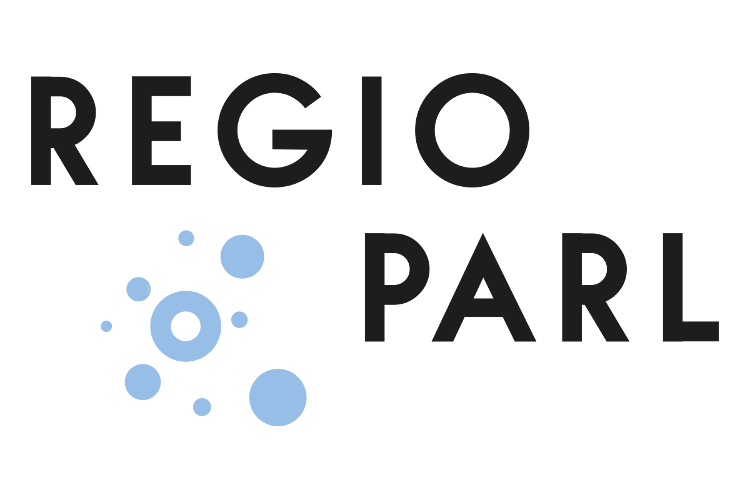It sounded promising: in her speech in the plenary of the European Parliament in July 2019, Ursula von der Leyen, Commission President to be at the time, took a stance in the debate on the future of the European Union by announcing the Conference on the Future of Europe. She underlined how important the EU’s unity was (admittedly not really surprising), she called for involving citizens in the process of reshaping Europe and listening to their suggestions (again: something we have heard before), and she finally pointed out that this process may even result in rethinking the EU’s institutional and legal architecture – which would mean changing the EU treaties, a possibility she would be open for.
Now, the last one does have a bit of a new tone to it. Yes, there have been citizen dialogues in the past; yes, European cultural policies have put a lot of effort into creating some kind of unity-in-diversity-pan-European-identity in order to make the EU an integral aspect of every European’s self-understanding; and yes, especially the European Parliament sometimes sounds like a broken vinyl record from the 1970s: we need to reconnect with the citizens, we need to reconnect with the citi…
However, involving citizens in the process of potential treaty-changes and institutional reform sounds more sincere in terms of an actual bottom-up-approach. The citizen dialogues of the past years, introduced as a means to increase participation and democratic debate in Europe, so far didn’t result in any visible, concrete action. One may wonder: what exactly did we have them for? Holding out the prospect of treaty change as a potential result of the Conference on the Future of Europe, however, offers the possibility of citizen involvement leading to actual change. In contrary to the dialogues held until 2019, citizens will not only be invited to discuss specific policies of the Union, but to give their input on the very setup of the EU of tomorrow.
In its January resolution on the Conference on the Future of Europe, the European Parliament calls for a non-predetermined process, inclusive, open, with the EU institutions, European citizens and civil society being equal partners. It “commits itself to a genuine follow-up of the Conference without delay, with legislative proposals, initiating treaty change or otherwise” and “calls on the other two institutions to make the same commitment”.[1]
The Commission’s communication published a few days later, however, tones things down a notch. Where Commission President von der Leyen found rather clear and forward words when stating in July 2019
“I am ready to follow up on what is agreed, including by legislative action if appropriate. I am also open to Treaty change. Should there be a Member of the European Parliament put forward to chair the Conference, I will fully support this idea”,[2]
the Commission’s communication remains vague and fails to mention treaty changes or any hard-fact-action that could result from the upcoming citizen involvement in the process.
This could be read as both, leaving the political guidance to Parliament and Council and staying in the administering background, as well as a PR stunt to allow von der Leyen to make somewhat revolutionary sounding promises which then will fall quietly under the table when negotiating the details of the announced conference. To be fair: substantive treaty changes may seem quite unlikely these days, since they require consensus among the ‘Masters of the Treaties’, i.e. EU member states. The Commission is, of course, very well aware of that. Still, it could at least have opted for increasing public pressure on the Council in order to avoid the renewed future process to become yet another costly but eventually ineffective endeavour.
Regardless of how we want to look at the Commission’s proposal, it is clear that the still to be expected Council Position on the Conference on the Future of Europe will be leading more clearly towards the trilogue negotiations between Commission, Parliament and Council in view of a Joint Declaration.
It is very unlikely that there will be any support or even mention of potential treaty changes as a result from the announced two-year-process coming from the Council. Regarding the question of where the secretariat of the conference should be set up, and who should be chairing the conference, it is yet to be seen whether the Council will give this hat to the Parliament as easily as Commission President von der Leyen suggested in her remarks.
So, to sum up: for the time being, there is no guarantee at all that this time around, the proclaimed citizen involvement will lead to any different results compared to what we’ve already seen in the various citizen dialogues and ‘Debating Europe’ fora in the past. However, the potential outcome with which the conference was announced, and the work force and the institutional attention it has already been allocated, hold some memento and, indeed, some credibility.
Therefore, making use of this potential, and making the conference a success in terms of democratic process, participation and non-determined outcome, will largely depend on the EU institutions’ willingness to do things differently this time. And – this being the comment of a realist – it will most probably have to be the European Parliament that will have to take the lead on those goals during the trilogue negotiations for a Joint Declaration in the end of February.
The Parliament would be well advised to not allow the Council to outrank it in this process, and to not allow the Commission to make it believe that we ‘need to be realistic’ and should therefore not reach for the stars. We have seen this happening in the past, and it is time for new soup, finally.
[1] European Parliament resolution on the European Parliament’s position on the Conference on the Future of Europe, B9-0036/2020, 9 January 2020.
[2] Ursula von der Leyen: A Union that strives for more. My agenda for Europe, Political guidelines for the next European Commission 2019-2024, 16 July 2019.
